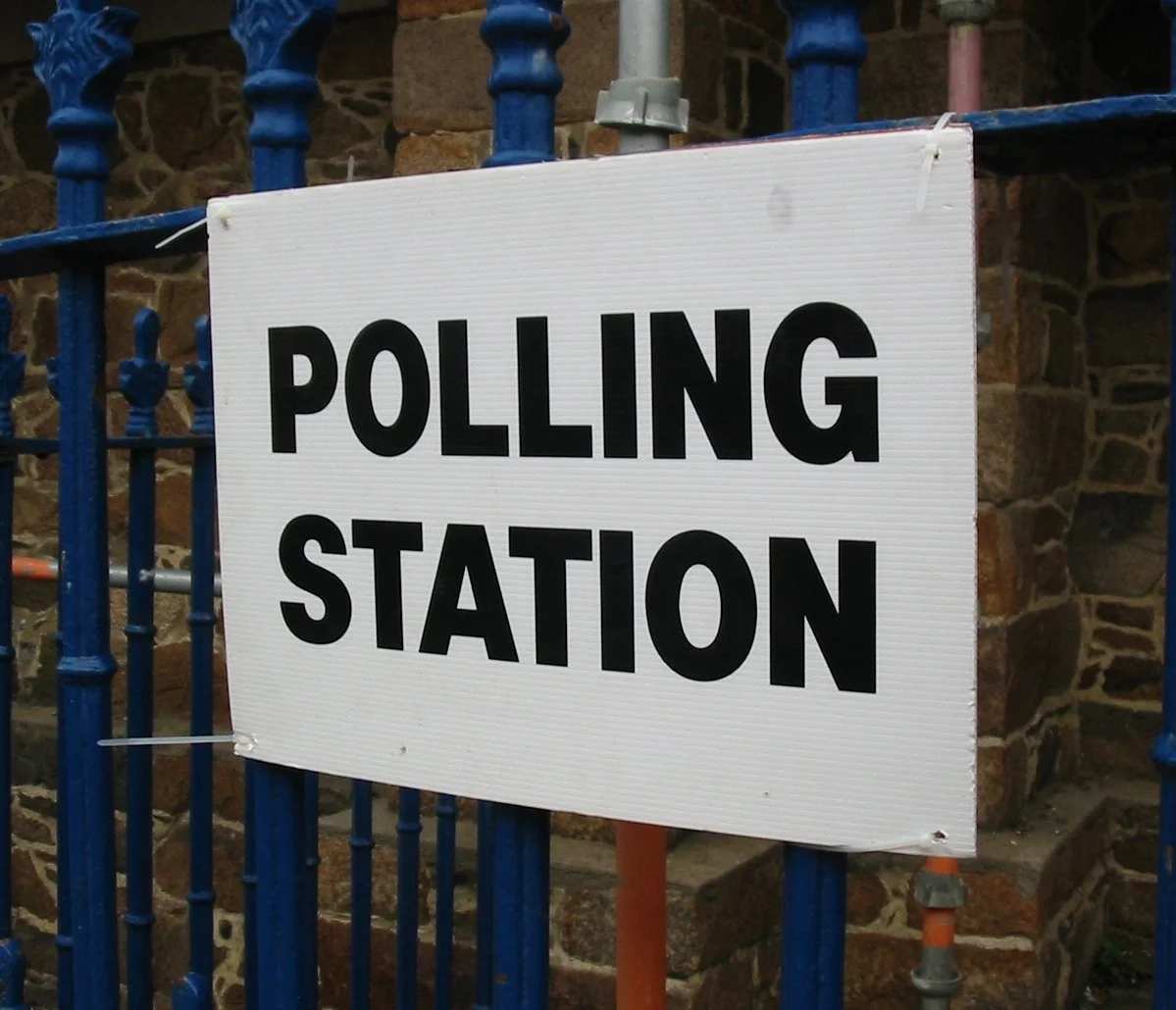Chris Powell: Elections are insecure without proof of citizenship; then why the extra grades?
MANCHESTER, Conn.
Having fallen in love with executive orders even more than his predecessor did, President Trump is coming down with a bad case of megalomania. He has little authority to command the states to follow any particular election procedures, as he presumed to do with another executive order the other day. Congress can do that but not the president on his own.
Connecticut Secretary of the State Stephanie Thomas properly called the order “another unlawful and unconstitutional overreach into our electoral processes."
But as a matter of policy in regard to the order's most important component, Trump is right and Thomas is wrong.
Trump wants people to be required to provide proof of citizenship when registering to vote. While the law requires citizenship for voting in federal and state elections, Connecticut and most other states don't require proof of it -- a birth certificate, passport, or naturalization document. Registrants are required only to affirm their citizenship under penalty of perjury.
Of course few officials check.
Thomas echoed the weak objections to requiring proof of citizenship for voter registration: Many people don't have or have misplaced their birth certificates. Many don't have passports. Many have changed their names but have not updated their identification documents.
While these are fair concerns, conscientious people can address them easily enough, even as government already often requires people to produce identification for purposes far less important than voting.
These days in Connecticut even grizzly old graybeards are being ‘‘carded" in the supermarket when buying beer. In Connecticut you can't legally drive a car without a driver’s license and the car must be registered with the state and covered by insurance. Those things require producing identification. So does boarding an airplane. Such requirements are inconveniences, especially for the poor people Democrats prattle about, but there are good reasons for them and Secretary Thomas hasn't proposed repealing them.
Being a good citizen requires some effort. It is not too much to ask people to maintain proof of citizenship in the face of the devaluation of citizenship that was undertaken by previous national administrations and continues to be advocated by most Democratic officials in Connecticut, whose belief in illegal immigration has made the state a “sanctuary" obstructing enforcement of immigration law.
Many Democrats in Connecticut and elsewhere advocate letting non-citizens vote, at least in municipal elections. Indeed, in 2022 New York City, a Democratic bastion and ‘‘sanctuary city," enacted an ordinance to let non-citizens vote in city elections, contradicting New York's state constitution. Last month the state's Supreme Court nullified the ordinance.
Secretary Thomas says Connecticut already has “strong and secure elections," but that claim is undermined by recent election fraud involving prominent Democrats in Bridgeport and Stamford. Many municipalities in Connecticut seem unable to tabulate elections fully in less than two or three days, leaving plenty of room for fiddling with close results when observers have gone to sleep.
Republicans in Congress support legislation to require proof of citizenship for voting, but it will be blocked by Democrats in the Senate, just as similar legislation would be blocked in Connecticut by the big Democratic majority in the General Assembly.
As long as Connecticut refuses to confirm the eligibility of voters, its elections won't really be secure.
WHY THE EXTRA GRADES?: A state legislator has noticed the disaster of social promotion in Connecticut's public schools. State Rep. Tami Zawistowski (R-East Granby) has introduced a bill to require high-school graduates to show they can read at an eighth-grade level.
Of course there are 12 grades in public education, but even the low bar proposed by Zawistowski may terrify educators. Her bill might have a better chance if it linked graduation to a fourth-grade reading level.
Zawistowski's honesty about education raises a good question: Whether the standard is to be eighth grade or fourth grade, why is Connecticut bothering with all those extra grades?
Chris Powell has written about Connecticut government and politics for many years (CPowell@cox.net).
